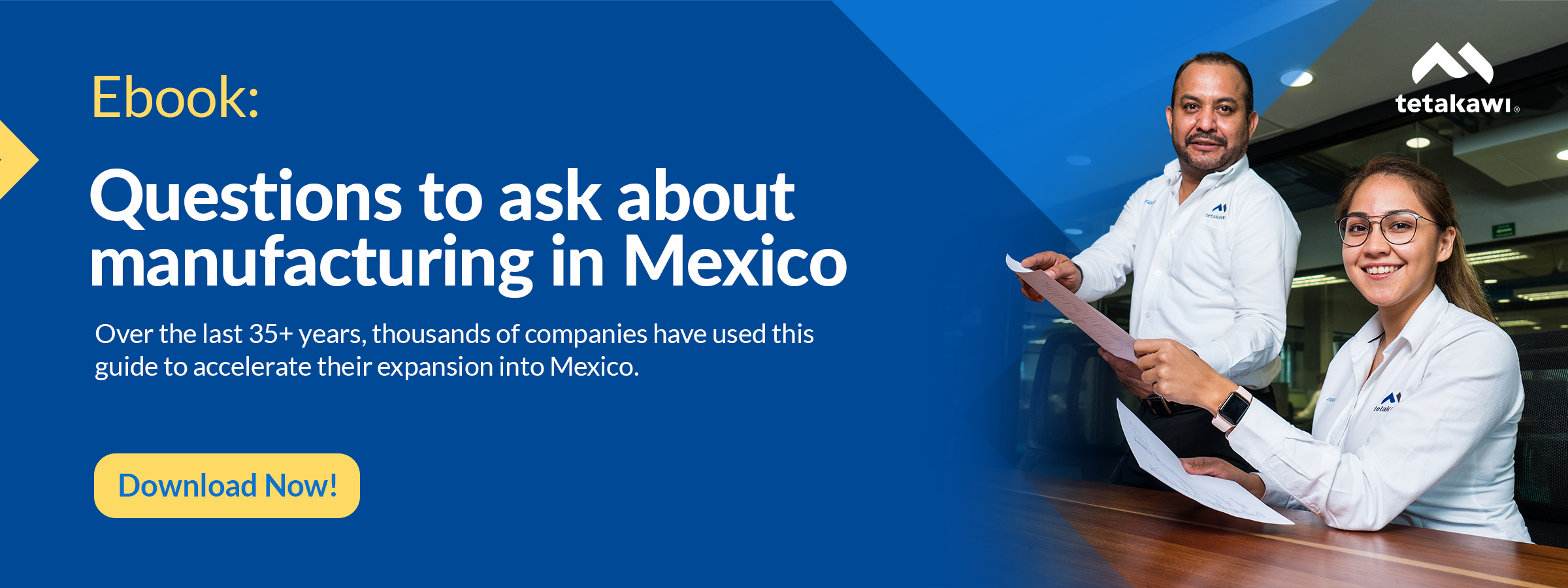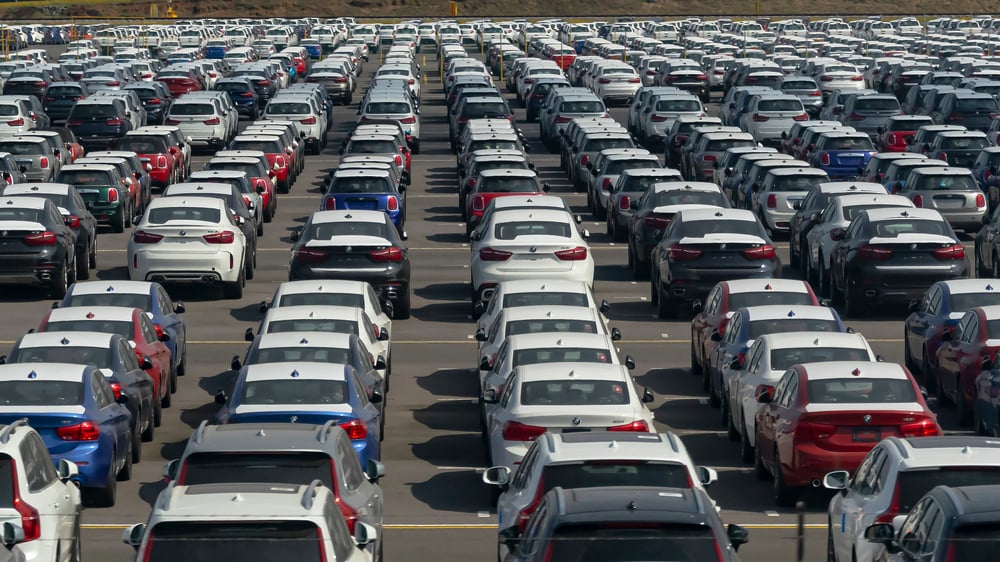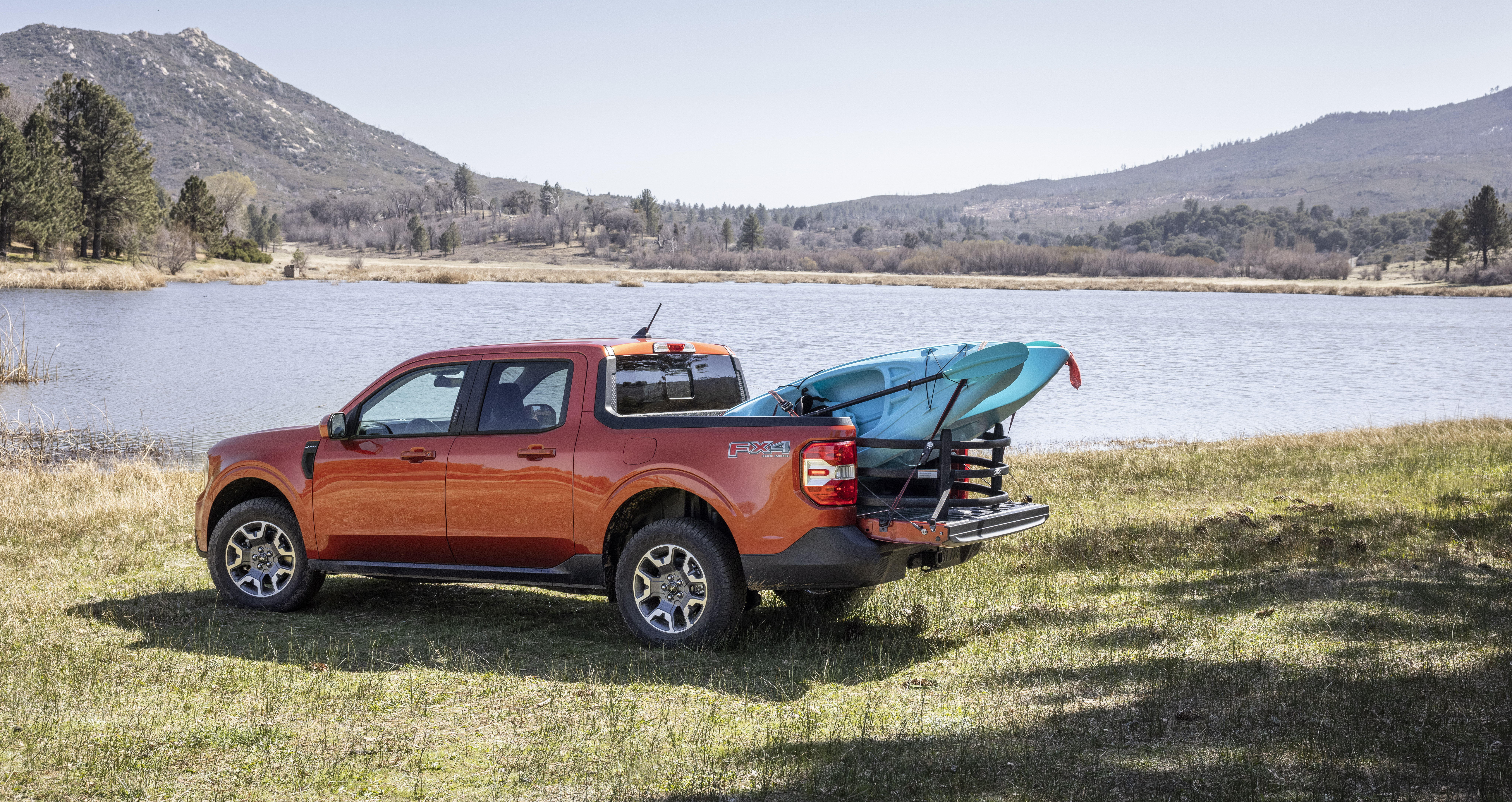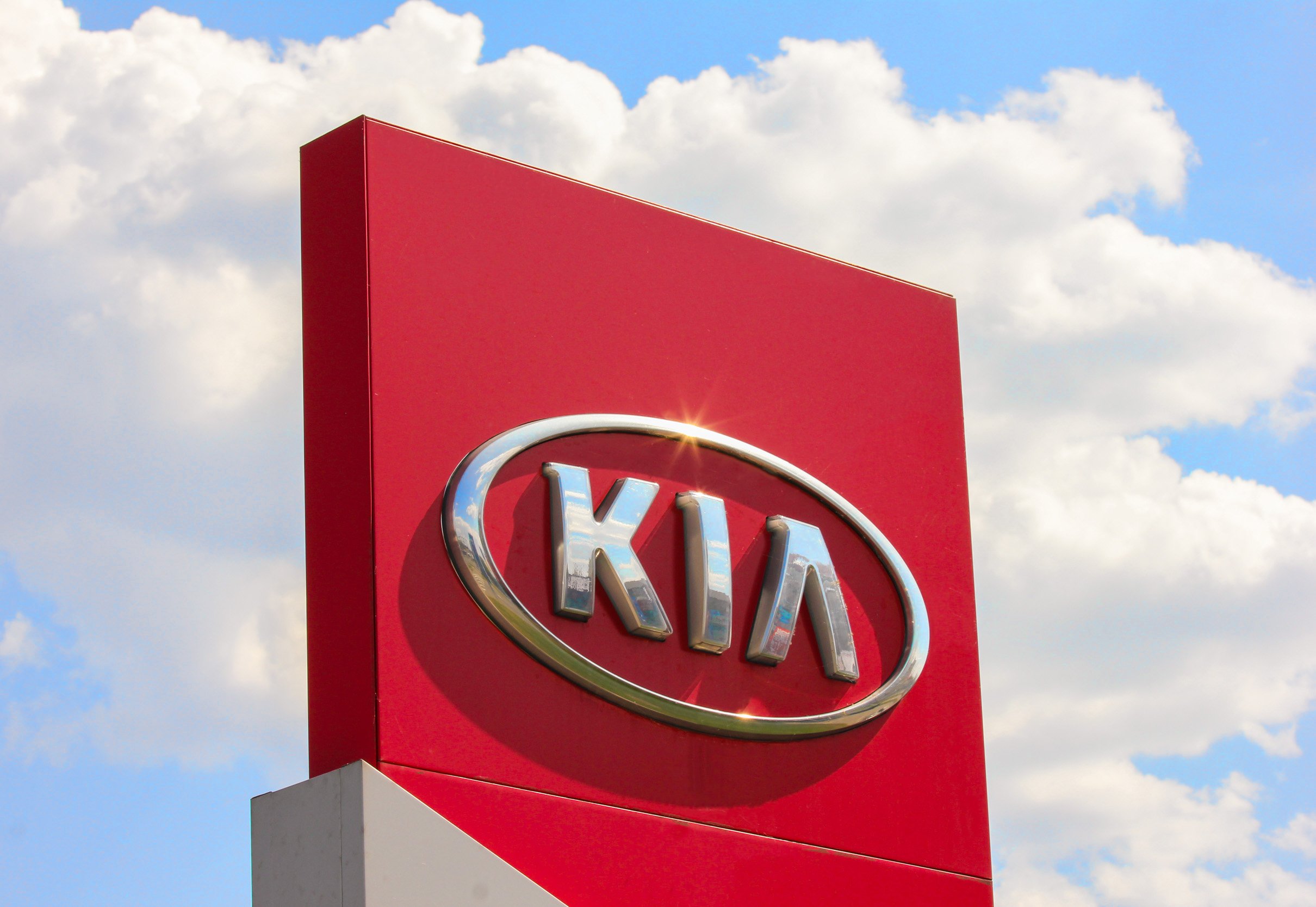The Volkswagen plant in Puebla, Mexico, is the largest automobile facility in Mexico, making it an important partner for automotive suppliers in the region. The manufacturing plant located in Puebla is the headquarters of the entire Volkswagen de México subsidiary and is also one of the longest-running automotive manufacturing factories in Mexico. The German company opened its division in Mexico in 1964. The Puebla plant produced its first car in 1967 and has been going strong ever since.
In this article, we’ll look at Volkswagen’s Puebla plant in detail to tell the whole story. We’ll examine the history of the plant, as well as the models that have been manufactured there over the years.
We’ll also discuss why Volkswagen decided to manufacture in Mexico more than 50 years ago and explain how you can set up a factory in Mexico to supply Volkswagen with automotive parts and components. The commercial possibilities of setting up a maquiladora in Mexico’s automotive industry are endless, so let’s get right into it and see what makes it such a special place to do business.
The scale of the VW Puebla plant
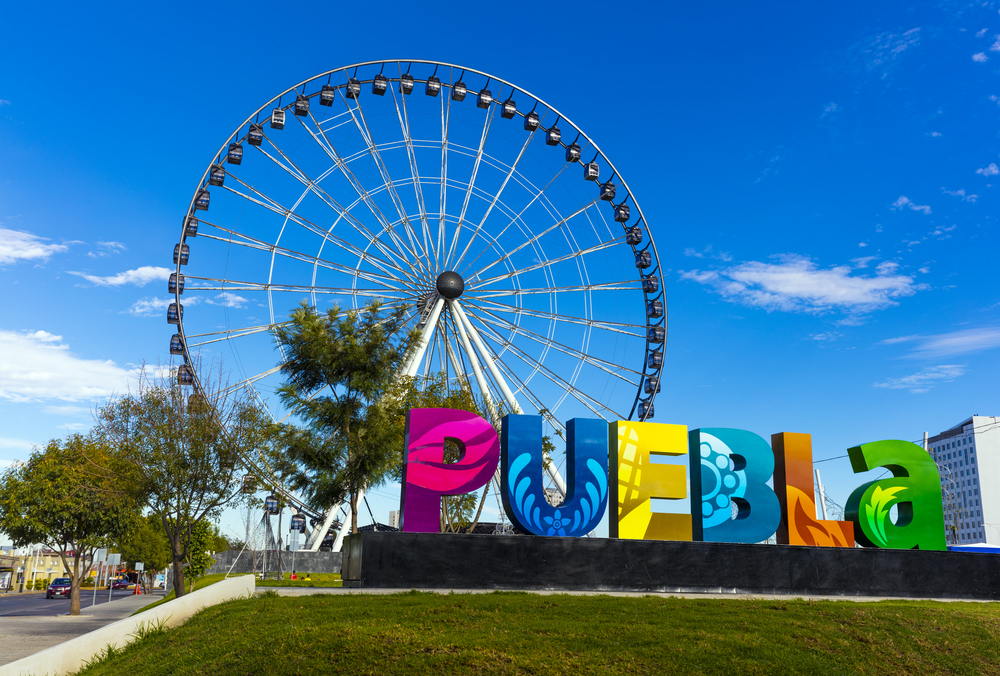
Volkswagen recognized Mexico’s potential early on. It selected a site 74 miles southeast of Mexico City in which to operate and began construction on its Mexico headquarters in 1964. Three years later, in 1967, it began producing its first vehicles. By establishing one of the first automotive assembly plants in Mexico, the company paved the way for other multinationals, including KIA, Ford, Honda, and GM, to follow its example.
Today, the Volkswagen plant in Puebla employs approximately 13,000 workers and commands a total of about three million square meters across 300 hectares. The Puebla plant is not only the largest automobile factory in Mexico but the second largest plant in operation by the Volkswagen Group, following only the company’s Wolfsburg, Germany, facility. The plant has been described as a “self-sustaining city within a city.” Features to support workers include numerous on-site cafeterias, a medical center, and a public transit bus station.
In 2013, Volkswagen added an engine-specific production plant in nearby Silao, located in the state of Guanajuato. This powerful combination has attracted a range of Tier 1, Tier 2, and Tier 3 automotive companies to set up in Quéretaro, Guanajuato, and the rest of the Bajio region. And it’s all poised to get bigger.
While the Puebla factory already handles every possible production process – including the stamping of body parts and production of axles, catalytic converters, and engines – VW is preparing to grow. With an investment of $763 million, it’s working to build a new wind-powered paint plant in Puebla, making it VW’s first facility to run solely on renewable energy.
Which cars does Volkswagen manufacture in Mexico?
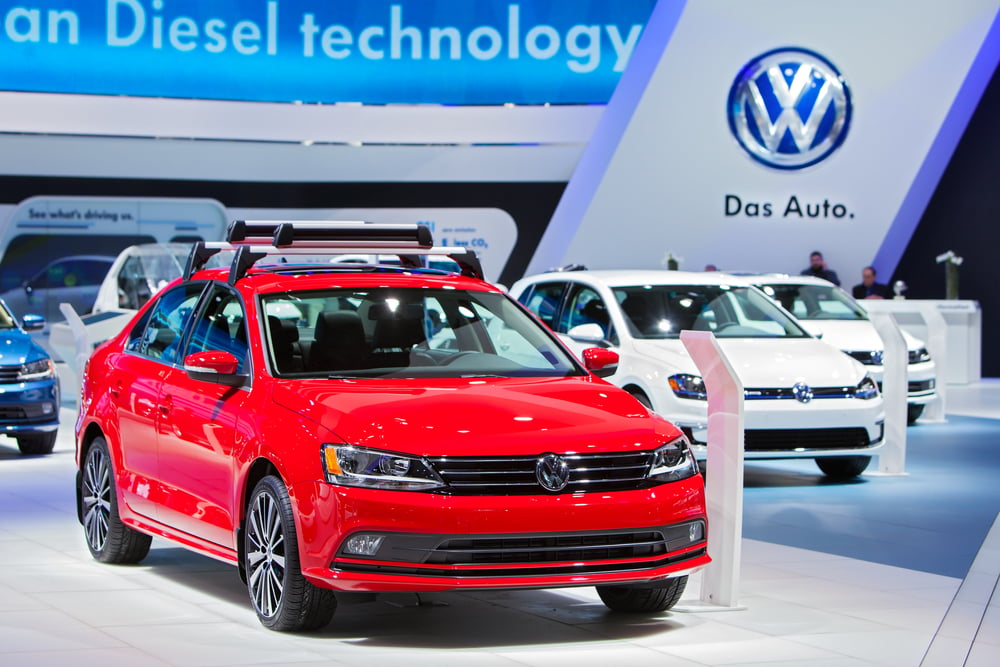
For almost forty years after beginning production, Volkswagen’s Puebla plant focused on one model: the iconic Beetle, which was manufactured in massive numbers. In 2003, however, the decision was made to expand the range of models produced. Today, Volkswagen’s Puebla, Mexico, factory assembles the Jetta, the Taos, the Tiguan Long version, and various automotive components.
As part of its planned plant upgrade, VW has announced it will be adding production of a new gasoline-powered SUV by 2024 and electric vehicles by 2025. To support this shift, Volkswagen has been developing a supply chain for EV production.
More than 80% of the factory’s outputs are exported, with the list of customers numbering more than 120 different countries around the world. Volkswagen’s Puebla cars are sold to all of the global economy’s main automobile markets, including Asia, Africa, Europe, and the Americas. The strategic location in Mexico’s legendary Bajio region (famous for being an automotive industry powerhouse) gives the company ready access to both the U.S. and Canadian markets, as well as Latin and South America and Mexico’s domestic car market.
The considerable longevity, success, and sheer volume of vehicles produced at Volkswagen’s Puebla plant led Volkswagen Mexico’s Executive Board President, Steffen Reiche, to herald its success as ‘something more than a regional subsidiary.’ In 2018, the 12 millionth vehicle (a Habanero orange Tiguan SUV) rolled off the line, marking an important milestone in the factory’s long and proud history.
Why do Volkswagen and other OEMs manufacture in Mexico?
Standing head and shoulders above many of its peers, Mexico is in the top five exporters of the automobile industry and sits comfortably among the top five largest car producers in the world. But what exactly makes Mexico such an attractive place to build cars?
There are a few different aspects to consider in answering that question. The first is the workforce. Known all over the world for being well-educated, highly-trained, and for taking personal pride in the work they do, Mexico’s labor force is one of the most impressive on the planet. There’s a long and proud history of manufacturing automobiles in Mexico, particularly in the Bajio region, so for many of the workers, it’s a chance to carry on a national tradition. Despite these impressive attributes, however, Mexico’s labor costs are relatively cheap, making it an even more appealing proposition. In return, companies like Volkswagen invest heavily in their talent. VW has brought it apprenticeship approach from Germany to ensure a strong pipeline of future talent.
The second crucial point to take into consideration is how well-connected Mexico is with the rest of the world in terms of free trade agreements (FTAs). Having signed deals with 45 countries around the globe, Mexico offers companies in the automotive industry unrivaled access to a large portion of the global market. For the German-based manufacturer, the USMCA and, previously NAFTA may be among the most important of these agreements. By manufacturing in Mexico using more than 75% regional content, Volkswagen meets USMCA’s rules of origin requirements for automobiles. This entitles it to duty-free status for products sold in the United States.
Lastly, Mexico itself places great importance on the automotive manufacturing industry. The country has prioritized offering incentives to large corporations in order to drive foreign investment, and the plan has paid dividends in recent years.
With the presence and recent expansion of OEMs in Mexico, there’s never been a better time for Tier 1, Tier 2, and Tier 3 automotive manufacturing companies to expand into Mexico. Volkswagen’s Puebla plant is in a prime position to be assisted by components suppliers in Querétaro and the rest of the Bajio region. However, to make sure things run as smoothly as possible, you need to make sure you partner with a company that knows the lay of the land and can help you set up as quickly and efficiently as possible.
How can you become a supplier to Volkswagen in Mexico?
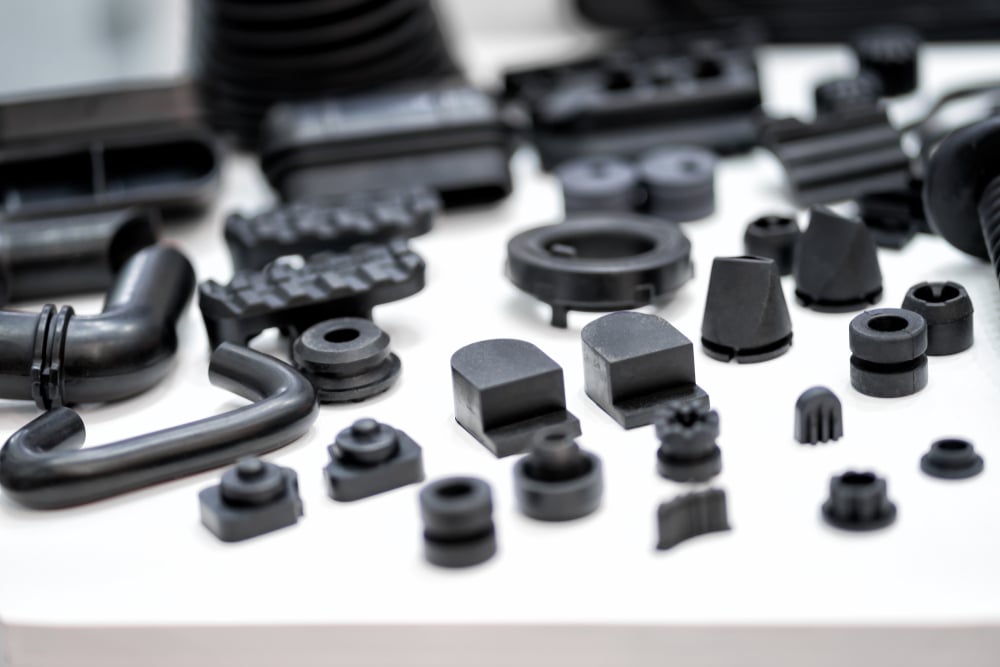
Tetakawi has been helping automotive parts companies expand into Mexico for more than thirty years. We’ve watched the sector shift and grow, putting us in the ideal position to help you get started as a supplier to Volkswagen in the Bajio region.
With six separate locations in the country — including one in Querétaro, near Volkswagen’s Puebla plant — we offer turnkey solutions for automotive parts suppliers in Mexico. We can provide in-depth insights into the economic climate in the automotive industry and workforce availability, as well as support and guidance with regards to the law in Mexico and various legislative requirements.
Our services fall into two main categories:
- Start-up services, for companies who want to set up a factory in Mexico quickly with the help of a partner, but eventually become independent.
- Shelter services, for companies who want to expand into Mexico using the quickest, most cost-effective, and risk-averse operating model.
If you have any questions about how Tetakawi can help you to set up a factory in Mexico, why don’t you get in touch with us today? You’ll be contacted by a member of our friendly and professional team, who will be happy to walk you through any aspect related to manufacturing in Mexico.
Subscribe
Sign up and stay informed with tips, updates, and best practices for manufacturing in Mexico.

